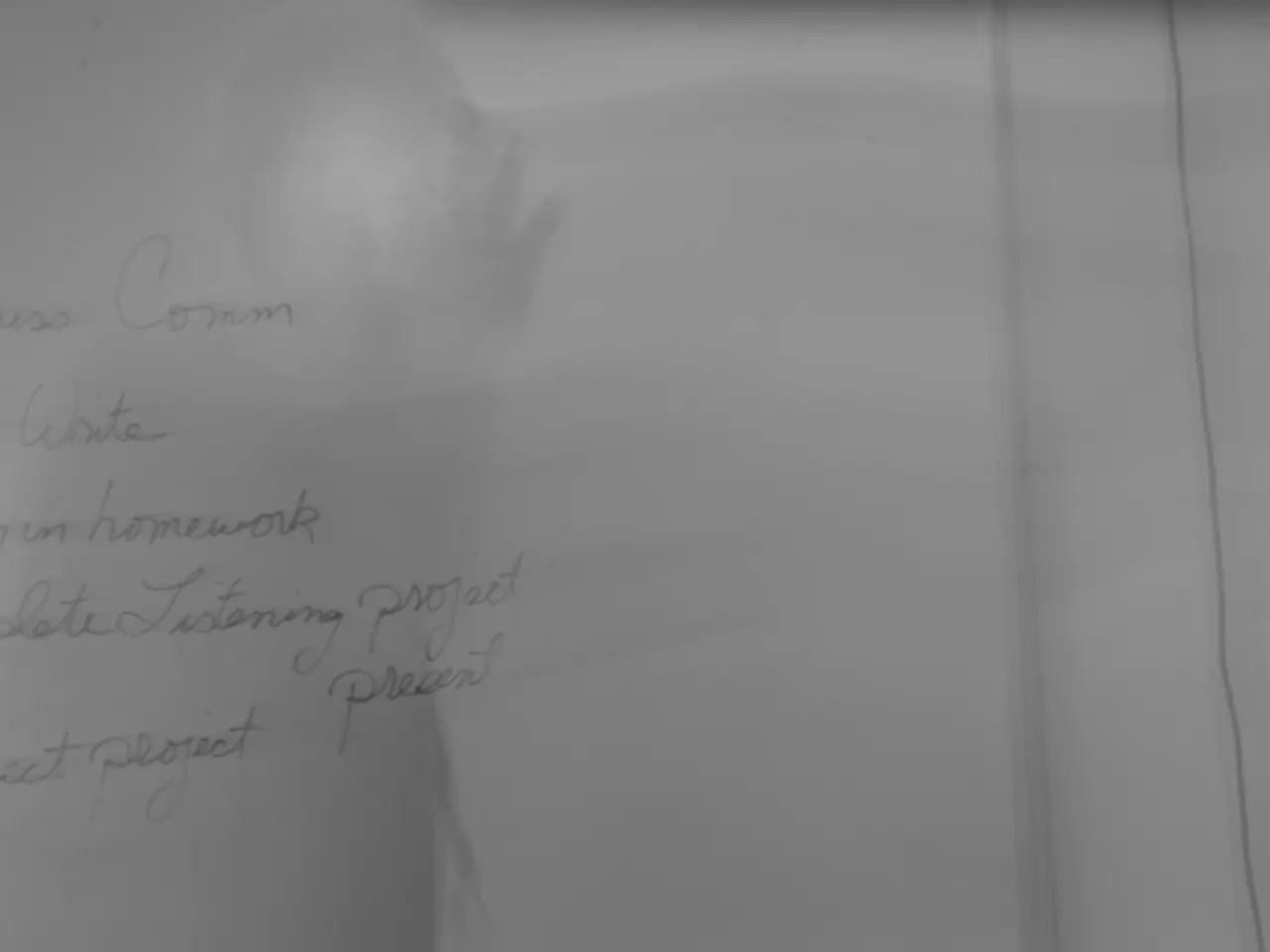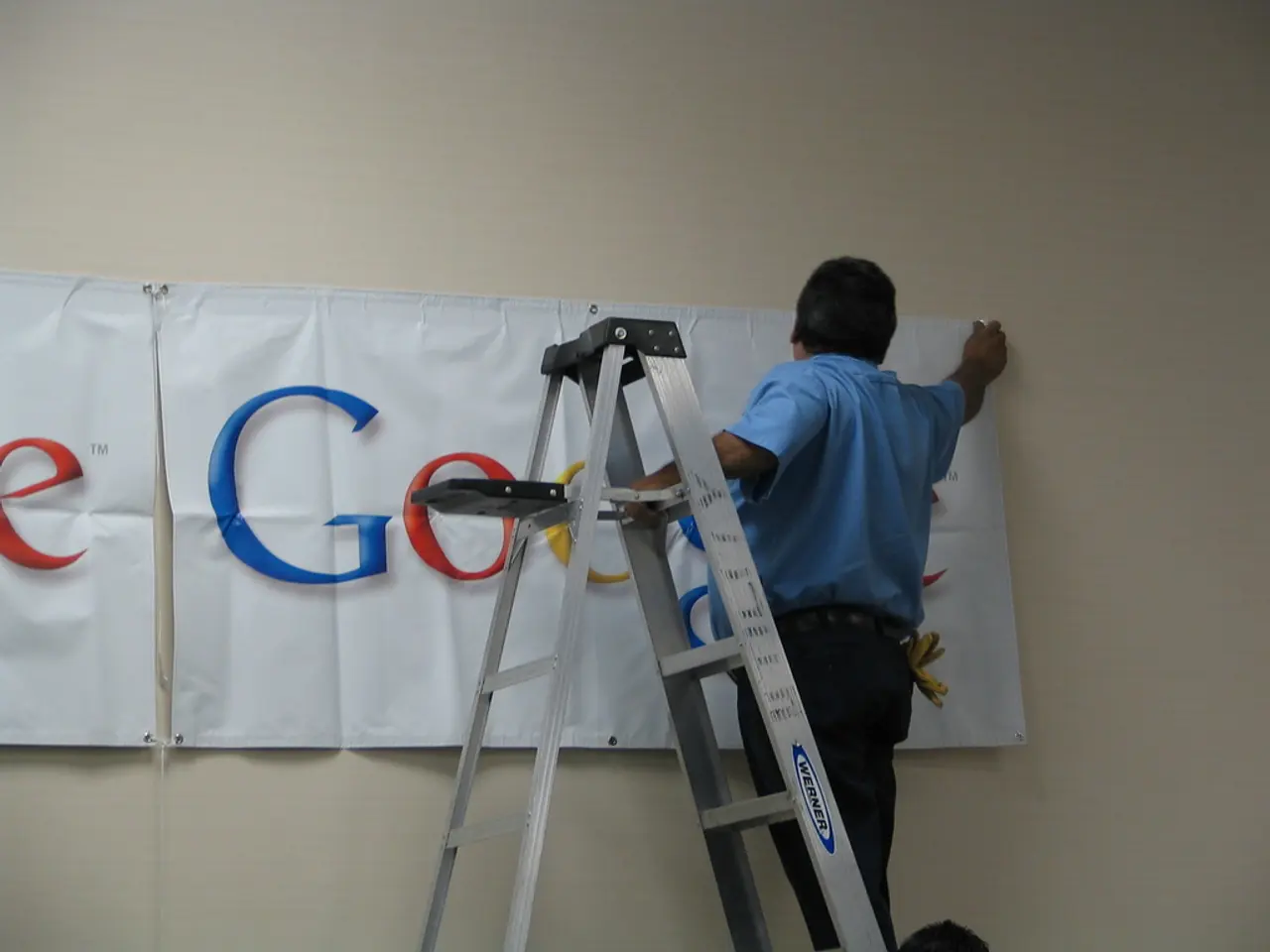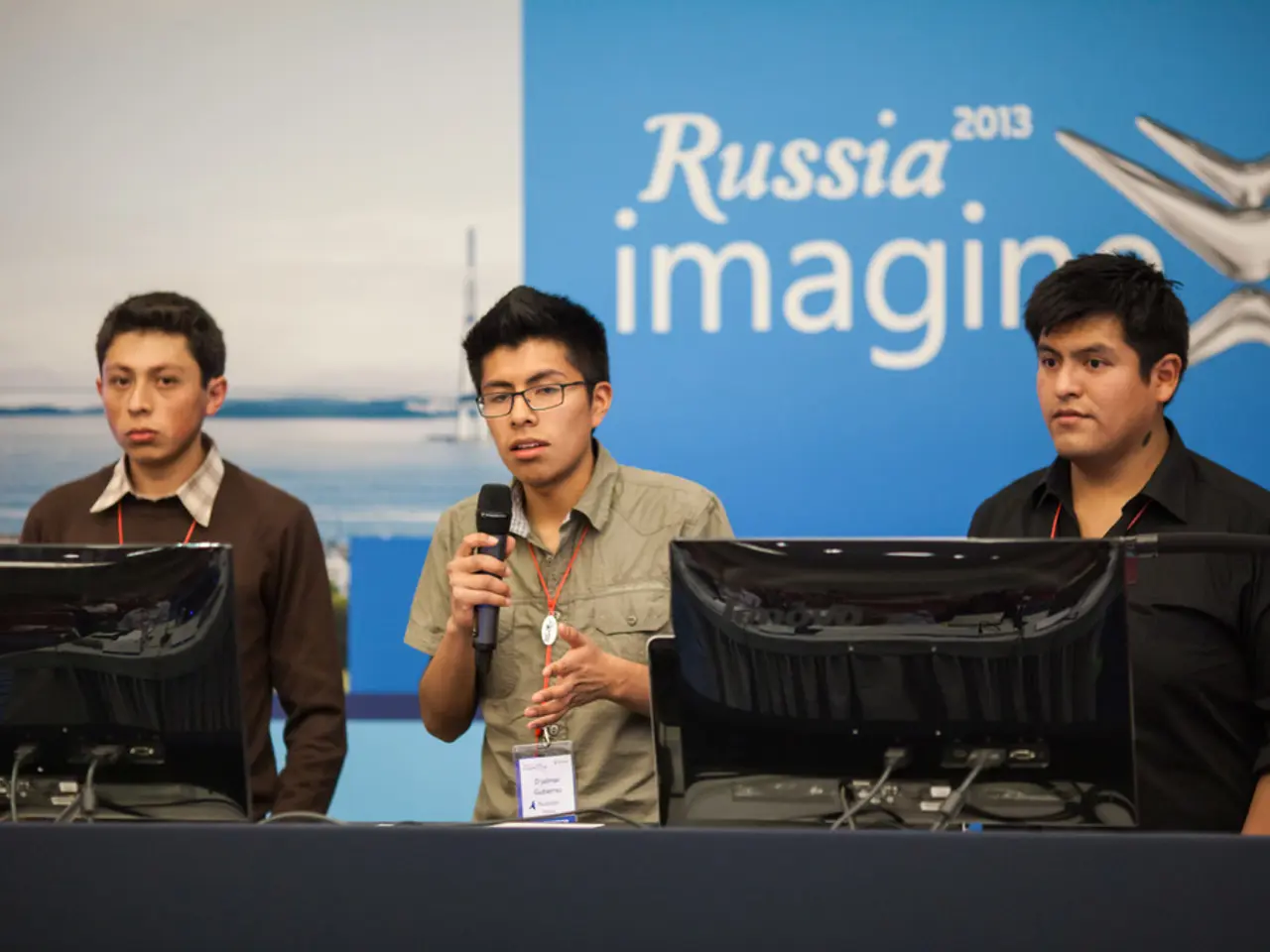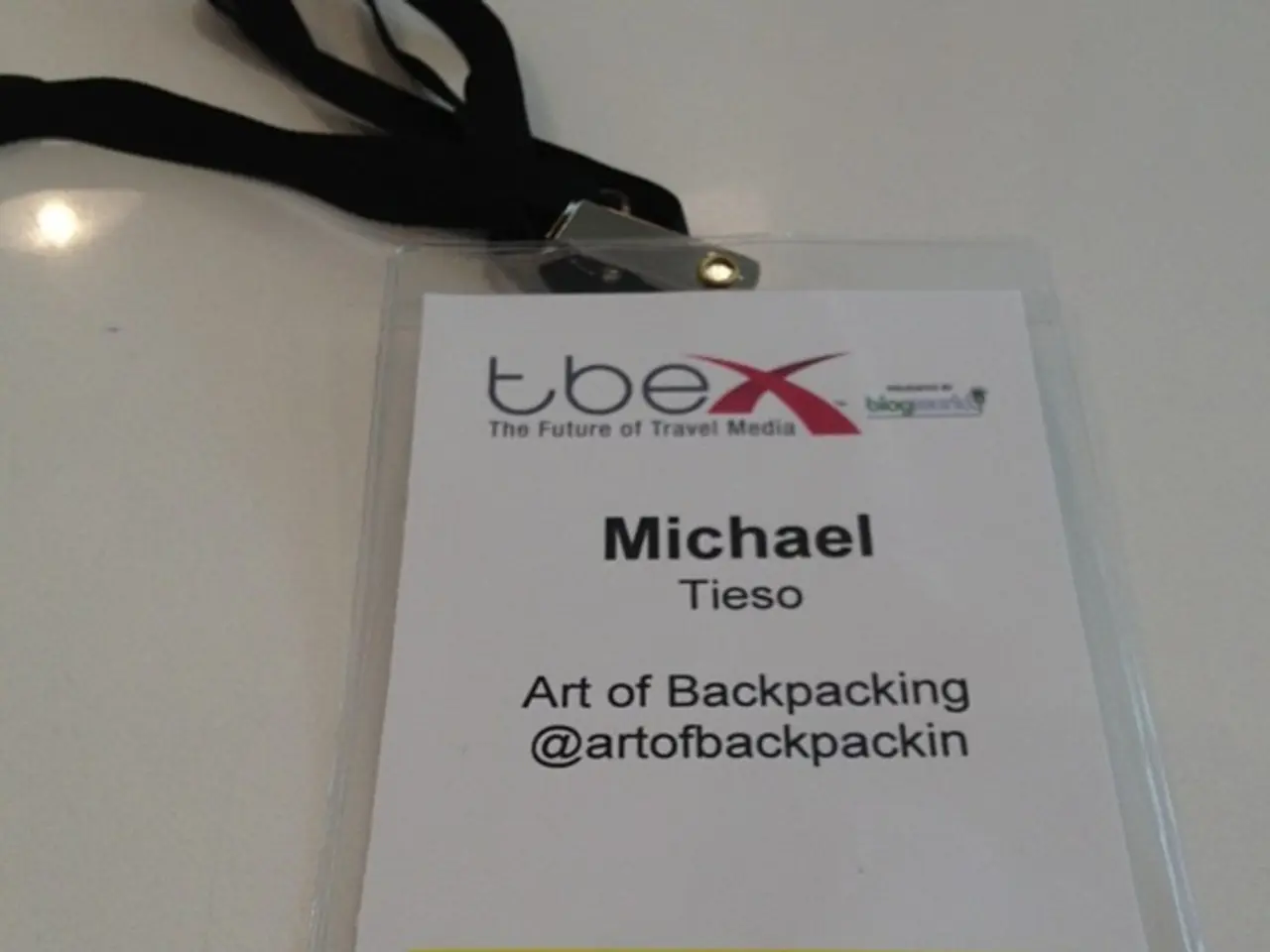Investor optimism in the United States slips due to tariffs in the short term
**Headline:** U.S. Institutional Investors Show Resilience Amid Short-term Tariff Uncertainty, Maintain Long-term Optimism
The U.S. subsidiary of KPMG has released a research report on investor sentiment regarding tariffs, revealing distinct differences in the impact of tariffs on U.S. institutional investor sentiment and investment strategies over short-term and long-term periods.
According to the report, institutional investors in the U.S. experienced a notable decline in near-term optimism due to tariffs. Surveys conducted by KPMG show that optimism about economic growth over the next 18 months fell from 96% in early 2025 to 84% by April 2025, reflecting concerns about immediate economic disruptions caused by tariffs. This tariff-induced uncertainty has weighed on business sentiment and confidence, contributing to cautious investment behavior and sensitivity to policy announcements.
However, despite this short-term wariness, institutional investors maintain greater optimism for economic prospects beyond the 18-month horizon, with confidence rising from 84% to 92% in the same period. This indicates a belief in eventual adaptation or benefit from tariff-driven shifts such as reshoring manufacturing to the U.S.
As a result, investors are developing more nuanced understanding of tariff effects, adjusting allocation strategies sector-wise based on how tariffs impact different industries, and demanding higher risk premiums for sectors exposed to tariff volatility. Tariffs create policy uncertainty that persists long term, leading to higher risk premiums and potentially dampening investment unless tariff-related risks visibly subside.
The report, which was conducted among investors working in asset management (46% of respondents), venture capital (29%), and private equity (25%), also shows that investors are focusing on domestic companies in industries experiencing less uncertainty due to the current market environment. Nearly half (47%) of respondents anticipate an economic recession in the next 18 months.
Tarek Ebeid, leader and partner in charge of KPMG US' Northern California audit practice, stated that tariffs are challenging institutional investors to rethink their investment strategies and risk appetite. Conor Moore, global and U.S. head of KPMG Private Enterprise, noted that the optimism among VC firms could be due to the significant LP funding they continue to receive and the potential for significant technology changes in the next 36 months.
In conclusion, tariffs induce a short-term decline in U.S. institutional investor sentiment, causing more cautious investment behavior, while long-term investor sentiment remains optimistic, with strategies evolving to manage tariff-related risks and exploit emerging opportunities driven by changing trade patterns and policy environments.
**Table:**
| Aspect | Short-term Effects | Long-term Effects | |-----------------------------|---------------------------------------------------|----------------------------------------------------| | Investor Sentiment | Decline in optimism and confidence (e.g., 96% to 84%) due to tariff uncertainty and near-term economic concerns[1][4] | Increased optimism beyond 18 months (84% to 92%) reflecting belief in adaptation and opportunities[1] | | Investment Strategies | Reduced risk/volatility exposure, cautious positioning, awaiting policy clarity[2] | Sector-specific adjustments, higher risk premiums, strategic reallocation towards tariff beneficiaries or less exposed sectors[3] | | Economic Impact | Negative sentiment shock could constrain spending and hiring, dampen growth short term[4] | Policy uncertainty leads to higher risk premiums; currency and trade retaliation impacts investment flows[3][4] | | Overall Outlook | Short-term pain expected but resilience anticipated by investors[1][2] | Long-term optimism sustained by potential reshoring and market adaptation[1][3] |
[1] KPMG Research, April 2025 [2] Market analysts, April 2025 [3] KPMG officials, April 2025 [4] KPMG's research, April 2025
- U.S. institutional investors, influenced by tariff uncertainty, have exhibited a declining near-term optimism about economic growth.
- Despite the short-term wariness, investors maintain a greater long-term optimism for economic prospects, indicating a belief in adaptation or benefits from tariff-driven shifts.
- As a consequence of tariff-induced concerns, investors are adopting more nuanced sector-wise strategies, adjusting allocations based on tariff impacts and demanding higher risk premiums for volatile sectors.
- The report indicates that institutional investors are focusing on domestic companies in industries experiencing less uncertainty, with almost half anticipating an economic recession in the near future.
- Tariffs have challenged institutional investors to rethink their investment strategies and risk appetite, causing short-term decline in sentiment, but long-term optimism remains due to potential reshoring and market adaptation.







